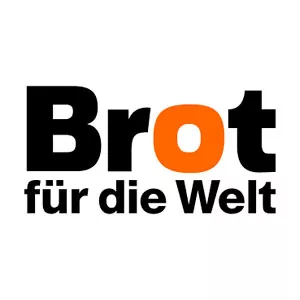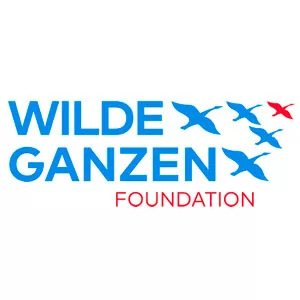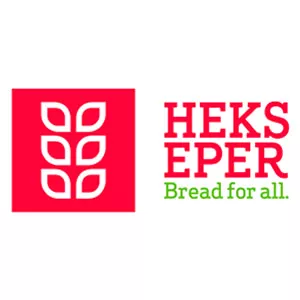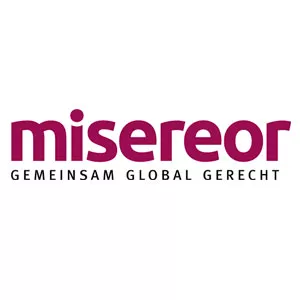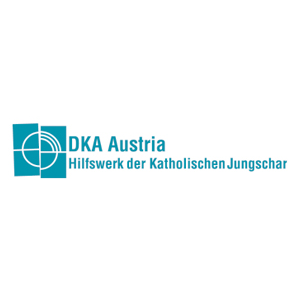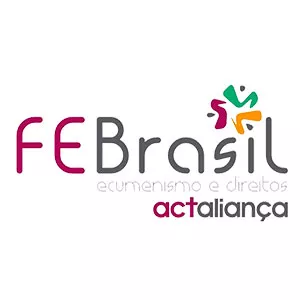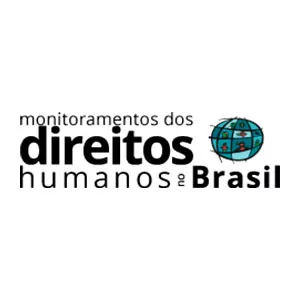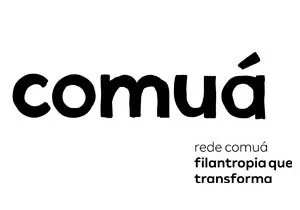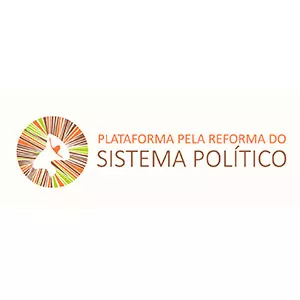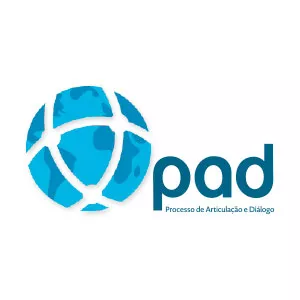Final stage of Political Advocacy course brings together populist groups in Salvador
15 de June de 2016The pilot project of the Political Advocacy Course came to an end last Wednesday (01 June) with all united and certificates in hands. The third training stage of the programme included improvements to legal frameworks in the field of rights and strategies for the monitoring and evaluation of advocacy activities. Since December 2015, the initiative has gathered together representatives in Salvador from 10 populist organizations from several sectors – such as rural workers, indigenous peoples, the ecumenical movement, young people and children, quilombola communities and those affected by mining – to improve political advocacy tools and strategies.
The training is part of Change the Game, a programme to support organizations in local fundraising and political advocacy – an initiative of the Dutch cooperation agency Wild Geese, together with the Smile Foundation (India), KCDF (Kenya) and CESE (Brazil), and with support from the Dutch government. To understand the importance of support to mobilize successful advocacy activities, on Monday (30) course participants visited Gamboa de Baixo and the Ladeira da Conceição (where marble workers, blacksmiths and locksmiths, responsible for the construction of the region’s cultural heritage, have resided and resisted for many years). Above all, the visit provided an arena for the exchange of experiences about the development of resistance strategies to remain in one’s territories in the face of property speculation and the importance of networking between populist groups in the struggle for rights.
Wagner Moreira, General Coordinator of IDEAS – Popular Consultation, which works with communities in the central region of Salvador for the right to the city, contributed to the discussion, further highlighting the importance of developing a media strategy, disputing narratives, so that these are constructed taking account of the voices of subjects from populist groups. He noted that it is essential to be attentive to the historical context. “If those doing advocacy are not attentive to the political situation, it doesn’t work; you need to understand the nuances of the micro and be connected to the macro”, he warned.
Legal framework and situation
In the third stage of the course there was also space to study strategies within legal frameworks in the field of rights, as well as practical activities focused on the development of instruments such as habeas corpus, habeas data etc. To shed light on the use of these tools, the group organized a round table discussion about how the new situation has led to setbacks for populist groups. “There are rich times in history; others are farcical. It is not that the social movements have become complacent in recent years. After winning certain victories, we need to stop, to experience it, this is natural. But over time everything tends to become institutionalized, bureaucratic. Everything that is solid, evaporates in the air,” pointed out CESE’s Projects and Training Advisor José Carlos Zanetti, paraphrasing philosopher and sociologist Karl Marx. “But some things remain, such as our struggle for rights,” he asserted, encouraging those present to undertake networking aimed at tackling the current situation.
Evaluating the journey
The last day of the course was a good time to reflect on the monitoring and evaluation of advocacy activities. Facilitator Eliziana Araújo made an analogy “Just as on a journey, when we walk down the street, we need to study the conditions, to assess the journey, so as not to get lost along the way and to collect indicators in order to understand if we are managing to achieve our objectives,” she said.
At the end of the training course the participants made a general assessment of the three stages. “The course helped us to conduct political advocacy, working, making campaigns, demonstrations and really functioning in a more participative way in the defence of children’s rights. This was the difference for our organization,” reflected Magda Pereira from Remer.
Osman Barbosa, Tupinambá from the Serra do Padeiro (BA) assessed the need for local actors to improve the way they conduct political advocacy for the indigenous cause. “This course has come to provide leverage for the struggle in a more systematized way,” he summarised.
Lucas Mendonça from the Parochial Land Commission (Caetité, BA) emphasized the efficient educational approach and training dynamics. The new Coordinator of Koinonia in Salvador, Ana Gualberto, also made a statement about what she had taken from the course. “CESE is a sister organization of Koinonia and this course will change our practice in Salvador”, she guaranteed.
CESE’s Executive Director, Sônia Mota, thanked those present for their participation and demonstrated her satisfaction with the pilot project’s final result. “This is our first experience of the conclusion of this course, we have had such expectations of it. We are happy to have invested in an initiative that went well. For us, it was an experience and provided learning. And listening to you about the result, which worked well, is very gratifying. It means that we have taken the right step forward.”
The ‘secret friend’ game marked the end of the training, where the participants gave each other presents, such as necklaces and bracelets they had made in the Knowledge, Taste and Talent Fair held on the Tuesday – a moment in the Political Advocacy Course programme for exchanging cultural identities.


